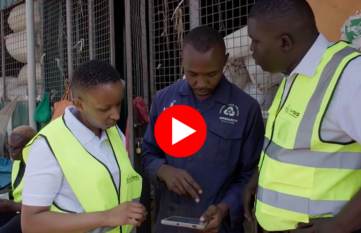This Mentorship Toolkit is our response. Co-created with mentors, mentees, and our partners, it offers practical guidance to design and implement meaningful and lasting mentorship and peer learning programmes that empower women in gig work. Here you’ll find adaptable templates, proven strategies, and voices from the field, all of which we believe are resources that help institutions for growth, confidence, and connection.
This page provides access to the Mentorship Toolkit, along with key information on why and how to use it. We invite you to adapt this toolkit to your setting, add your own stories, and build communities of care and skill.
Download: Mentorship and Peer Learning for Women Workers Toolkit







